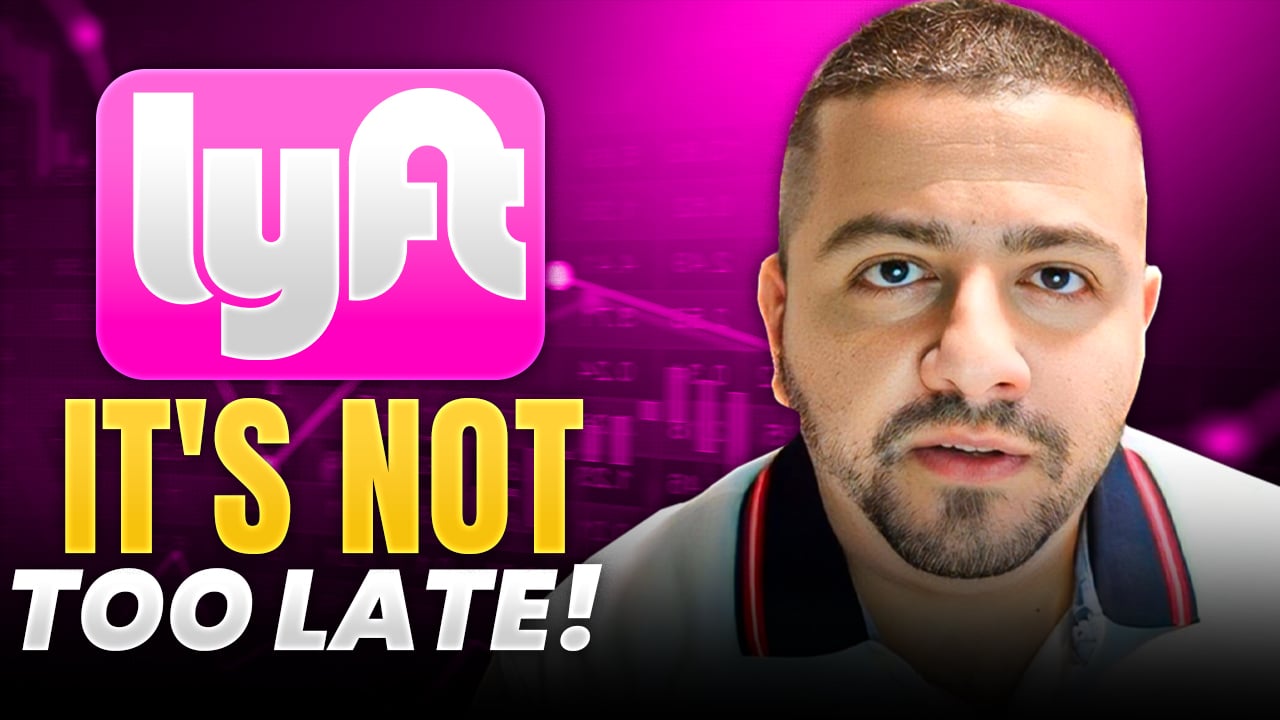Faced with mounting criticism that riders and drivers aren't always safe, Lyft (LYFT 3.61%) announced a partnership with security company ADT (NYSE: ADT).
In a blog post this week, Lyft said the two will work together to create new safety features to give both riders and drivers peace of mind.

Image source: Getty Images.
The first part of that alliance will be on display in the early part of 2020. That's when riders in Chicago, Los Angeles, New Jersey, and six other markets will be able to signal to ADT via Lyft's app if they feel threatened. Once the button in the app is pressed, ADT will contact the rider and alert authorities to their whereabouts if necessary.
Calling the partnership "unprecedented," Lyft said the two are creating an integrated system to address rideshare safety. The features will build upon what Lyft already has available including its in-app access to 911 and its new Smart Trip Check-In. The latter sends a message to the rider if Lyft detects unexplainable delays in the ride. Lyft rolled out Smart Trip in September a week after it was hit with a lawsuit by 14 female customers who said Lyft drivers sexually assaulted them.
Lyft said ADT's nationwide network is critical to support its riders around the country, which is one of the reasons it forged the relationship. It's hoping the newfound partnership will improve its reputation with consumers, lawmakers, and regulators.
Lyft faces safety backlash
In recent months, both Lyft and Uber have faced intense criticism for what customers say is a lack of concern or care for riders' safety. Lyft was hit with several lawsuits from women who say drivers sexually assaulted them. Stalking and harassment complaints from women are also rampant.
The lawsuit, filed in September in Superior Court of California for San Francisco, criticized Lyft's response to riders' complaints, calling it "appallingly inadequate." The lawsuit also claims Lyft hired drivers that aren't subject to background checks and allows drivers accused of misdeeds to continue working for the company. The plaintiffs claim that from 2014 through 2016, Lyft was the subject of close to 100 sexual assault complaints in California alone.
To address complaints about drivers' background checks, in April, Lyft launched Continuous Criminal Background Checks, which requires all drivers to pass a background check at least every 12 months to remain active. Lyft also monitors its active drivers on a daily basis and is notified if any disqualifying criminal convictions appear on their records. Lyft prevents any drivers who don't pass the yearly background check and the continuous criminal screening from driving with the company.
Lyft isn't alone
Uber (UBER 5.57%) has its own safety issues and faces similar lawsuits. How it handles sexual assault claims is also under scrutiny. In late September, it rolled out new safety features, including the ability for riders to verify a ride before getting in the vehicle. The driver will have to verbally provide a four-digit PIN unique to the rider. Riders will be able to text to 911 in the vehicle and can report a safety complaint during the ride.
Lyft and Uber are also getting flack from lawmakers, who are increasingly concerned about the impact these ride-hailing technology start-ups are having on the labor market, public safety, and state and local governments. Peter DeFazio, the Oregon Democrat and House Transportation and Infrastructure Committee Chairman, is among the ride-hailing companies' critics. He expressed his intention to pursue legislation to address the "numerous issues plaguing the ride hailing industry" in a letter to the two companies ahead of a hearing they are both blowing off. DeFazio said his staff had numerous conversations with Lyft to secure its participation in the hearing, but in response, Lyft "suggested that we invite third party industry associations to generally talk about technology innovation in transportation," which he called "unacceptable."
Lyft acknowledges it can do more
By announcing the partnership with ADT, Lyft is acknowledging there is more room to improve safety for its riders. After all it said in the blog post, it plans to develop new safety features with ADT beyond its first pilot. It also highlighted the fact that 1 in 5 employees at the company is working on improving the safety of customers.
Embracing safety could win the company points with regulators and may give it a way to differentiate itself from Uber. By positioning itself as the safer choice, it can potentially steal market share in what has become an extremely competitive and profitless market.







